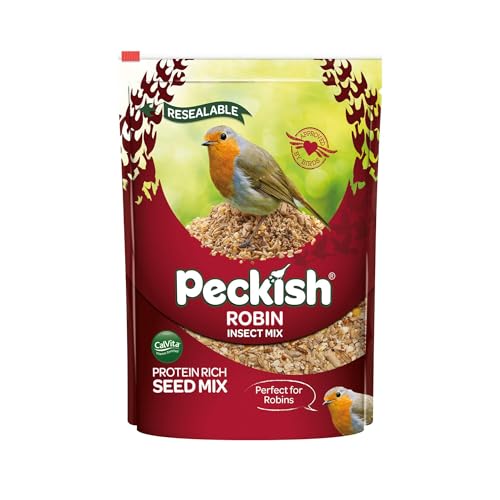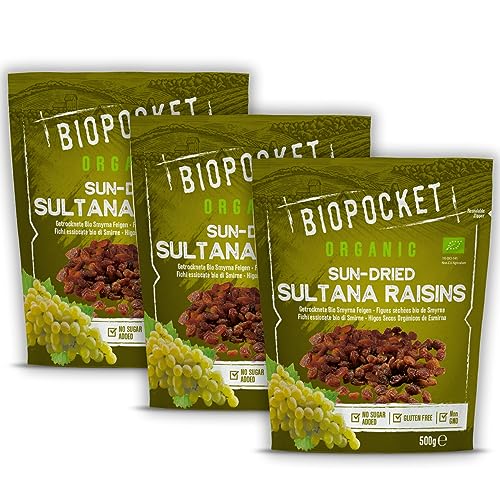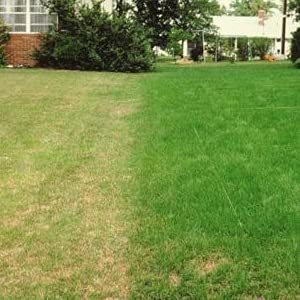Understanding the Basics of Birdseed: What You Need to Know
The Importance of Birdseed in Bird Feeding
Birdseed is essential for attracting a variety of birds to your garden or outdoor space. It provides the nutrients and energy that birds need to survive, especially during the colder months when natural food sources are scarce. By offering birdseed, we create a welcoming environment that encourages birds to visit us, allowing us to enjoy their beauty and behaviour up close.
Ingredients Found in Birdseed
Birdseed mixes typically contain different types of seeds, each appealing to specific bird species. Common seeds include sunflower seeds, millet, safflower, and corn. Each of these plays a unique role in a bird’s diet. For instance, sunflower seeds are popular among larger birds such as finches and cardinals, while millet is preferred by sparrows. Understanding these ingredients helps us choose the right mix for the types of birds we want to attract.
Types of Birdseed: Which Mix is Best for Your Feathered Friends?
Understanding Different Seed Types
Birdseed mixes come in various combinations tailored to appeal to different birds. A basic mix may include sunflower seeds, which are a hit with many birds, plus grains like millet for smaller species. Specialty mixes might include peanuts or dried fruits to attract specific varieties like blue jays or woodpeckers. When selecting a mix, we should consider the birds native to our area and their dietary habits.
Best Mixes for Common Garden Birds
If our goal is to attract popular garden birds, such as robins, we might opt for a mix that includes sunflower seeds, peanuts, and dried fruit. For seed-eating birds like the goldfinch, a Nyjer seed feed is a fantastic choice. Observing our local birds can guide us to select the best seed mix that will satisfy their dietary preferences.
Choosing the Right Birdseed for Your Garden: Attracting the Most Birds
Consider the Birds in Your Area
Before purchasing birdseed, it’s beneficial to take note of the bird species that frequent our gardens. By identifying the birds we wish to attract, we can tailor our birdseed selection to suit their tastes. For example, if we regularly spot chickadees or nuthatches, choosing a mix rich in sunflower and safflower seeds will likely be effective.
Feeding Locations and Dispensing Methods
Where we place our bird feeders can significantly influence the success of attracting birds. Hanging feeders filled with seeds in a sheltered area can provide safety from predators and make birds feel secure. The type of feeder we use also matters; tube feeders are great for holding smaller seeds, whereas platform feeders allow larger birds easy access. Choosing the right combination of feeder and seed maximizes our chances of attracting a variety of birds.
How to Store and Handle Birdseed for Freshness and Safety
Keeping Birdseed Fresh
Proper storage of birdseed is vital to ensure it remains fresh and safe for our feathered friends. We should store birdseed in airtight containers to keep moisture and pests at bay. A cool, dry location is ideal; attics and garages can often be too warm, leading to spoilage. Regularly checking our stock for any signs of mold or insects ensures that the birdseed we provide remains healthy.
Safe Handling Practices
When handling birdseed, it’s wise to wash our hands before and after to prevent transferring any contaminants. If we have pets, keeping birdseed out of their reach is essential to avoid any accidental ingestion. By following these simple safety practices, we maintain a healthy feeding environment for our birds.
Tips for Feeding Birds: Making the Most of Your Birdseed
Establishing a Feeding Routine
Birds thrive on routine, and establishing a regular feeding schedule can help ensure they return to our gardens. We should try to feed birds at the same time each day, especially during periods when natural food is scarce. Observing their feeding habits will also help us adjust the type or amount of birdseed we provide.
Cleanliness is Key
Regular maintenance of our feeders and surrounding area is essential for keeping birds healthy. We should clean feeders every couple of weeks and remove any spoiled seed to prevent the spread of disease. By ensuring that our feeding stations are tidy, we not only provide a safe dining experience but also encourage more birds to visit.
























